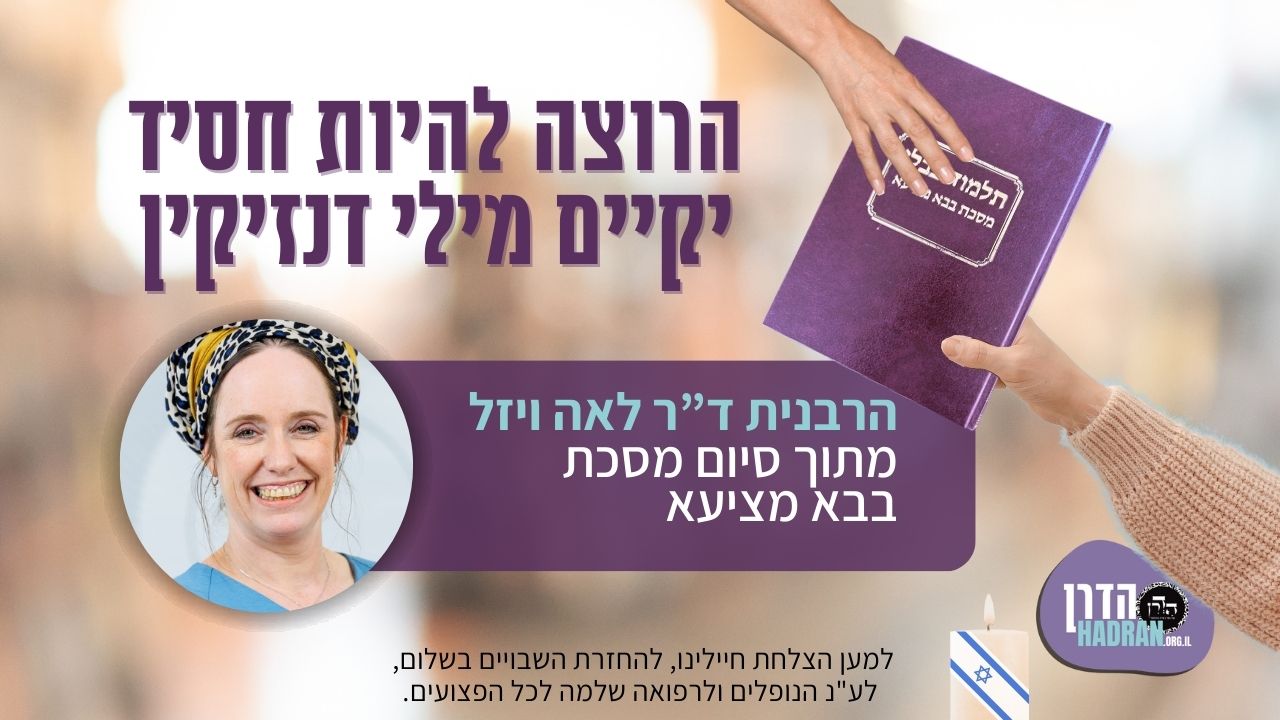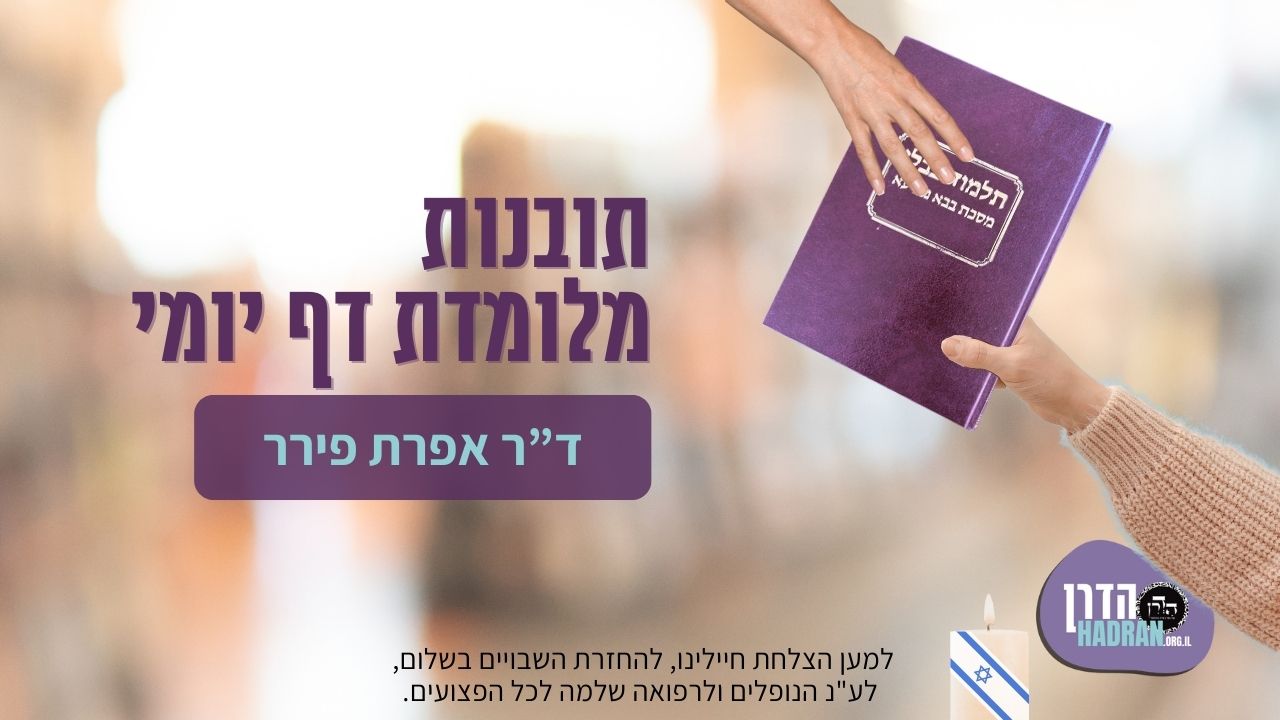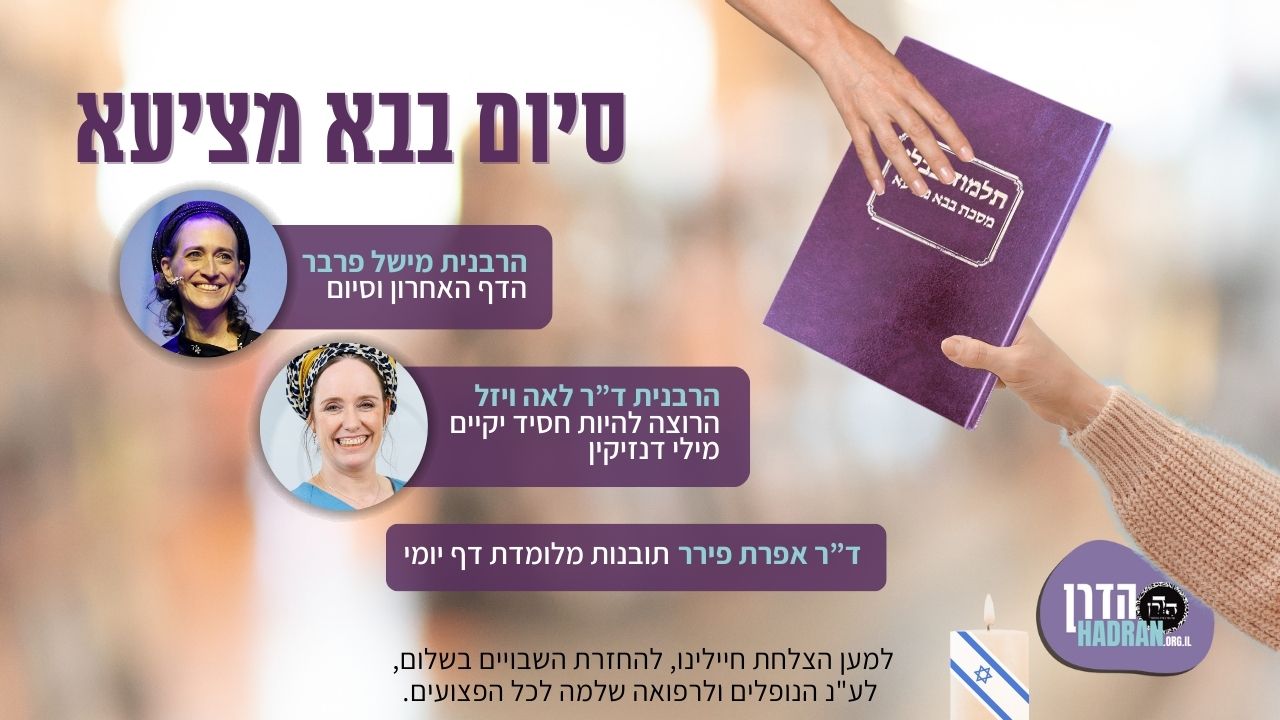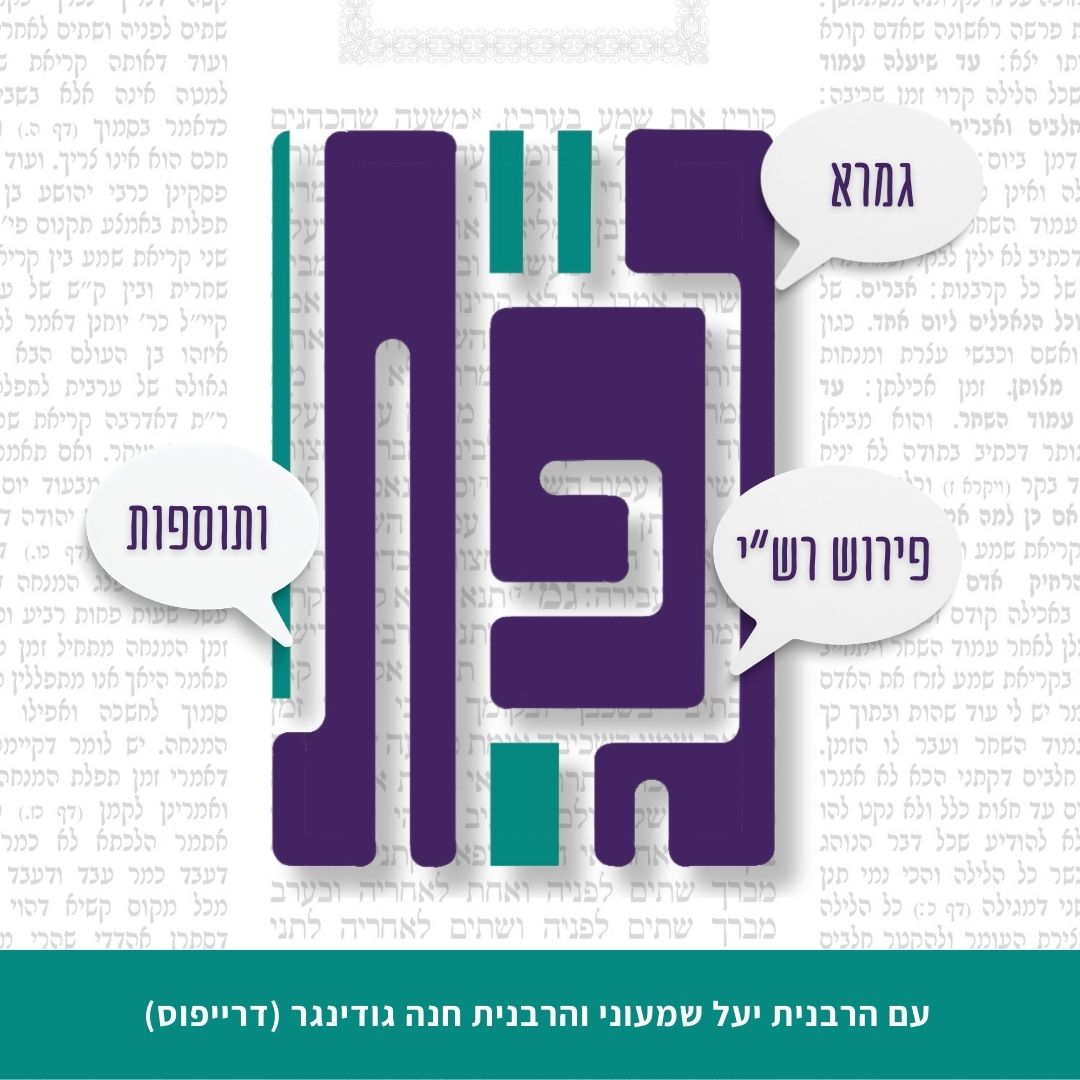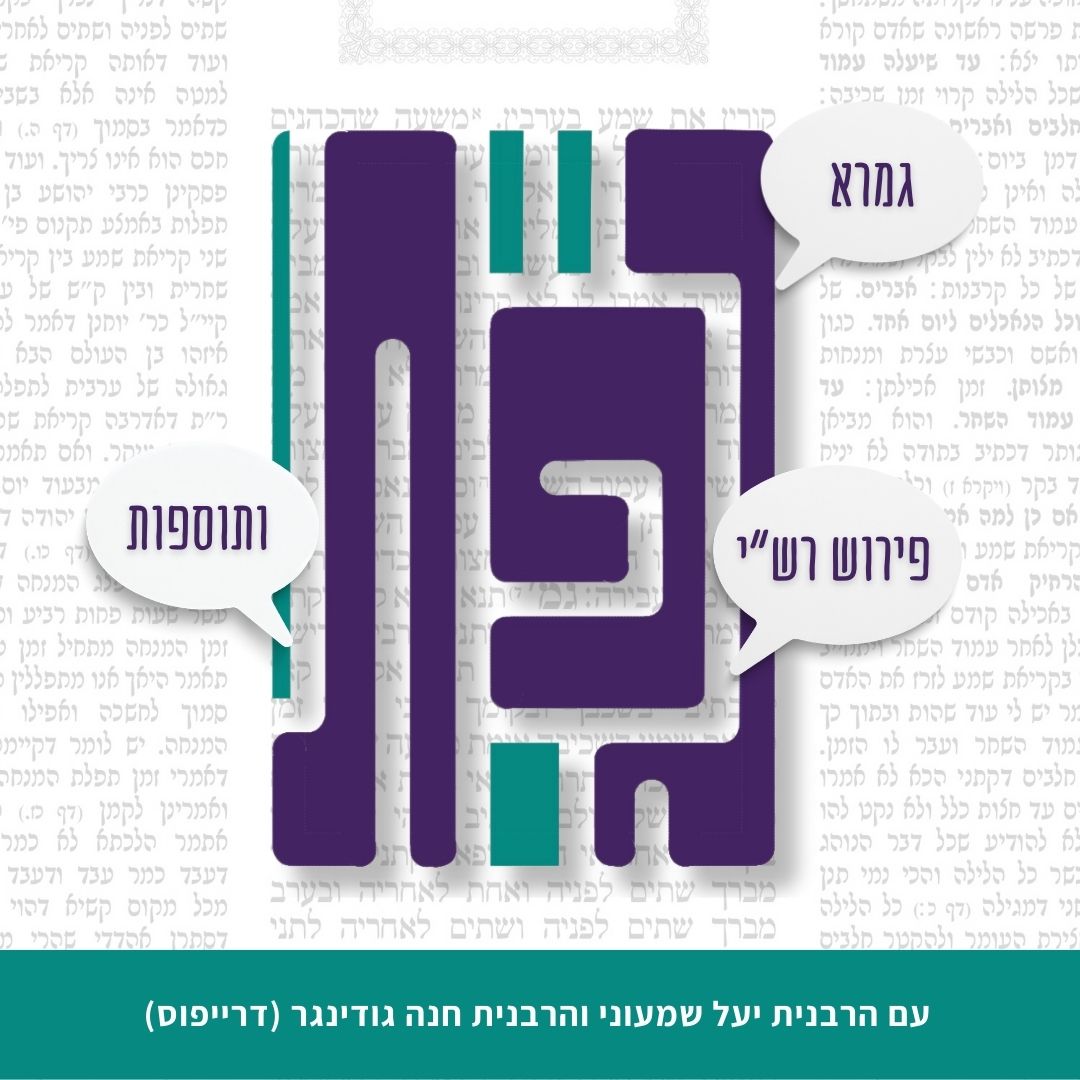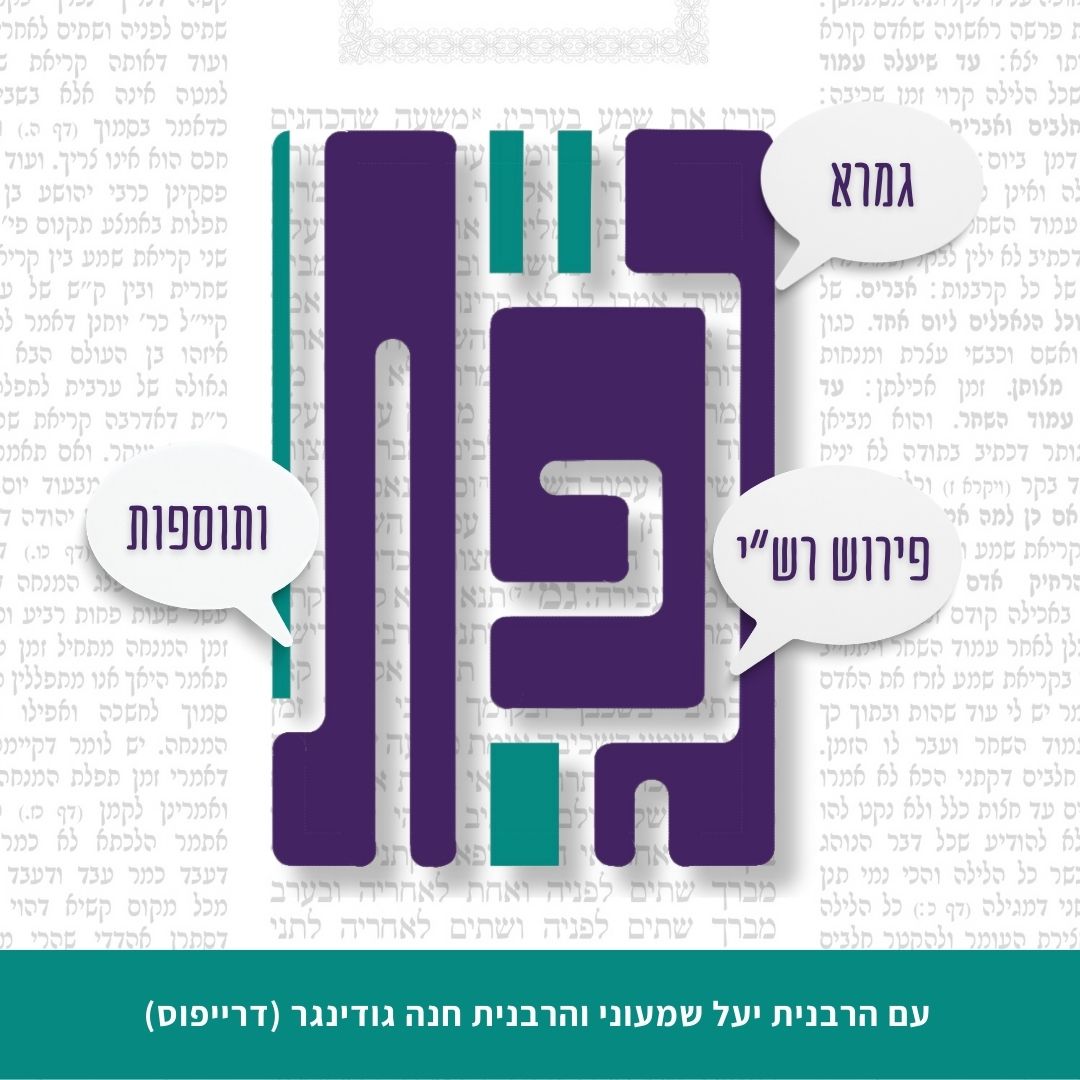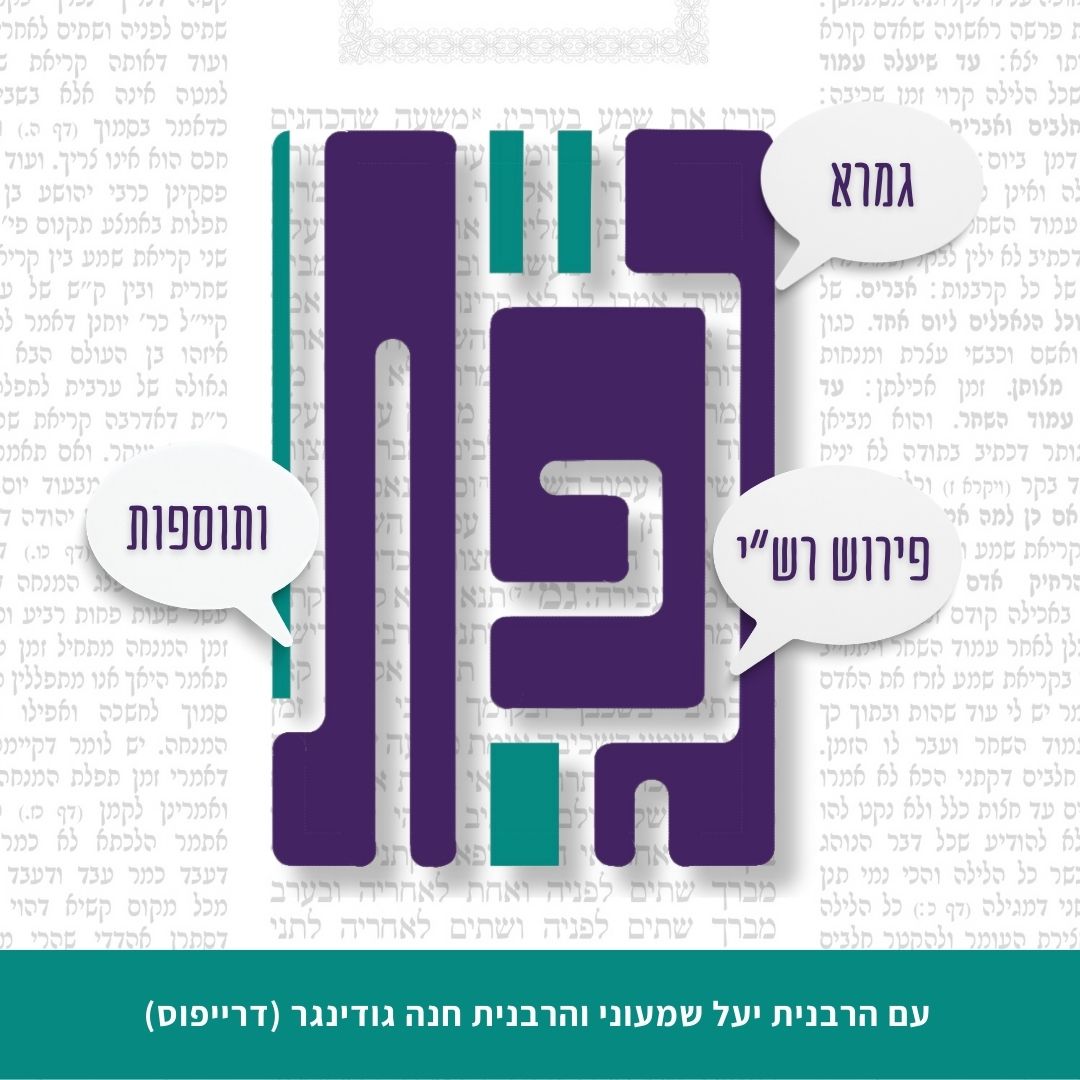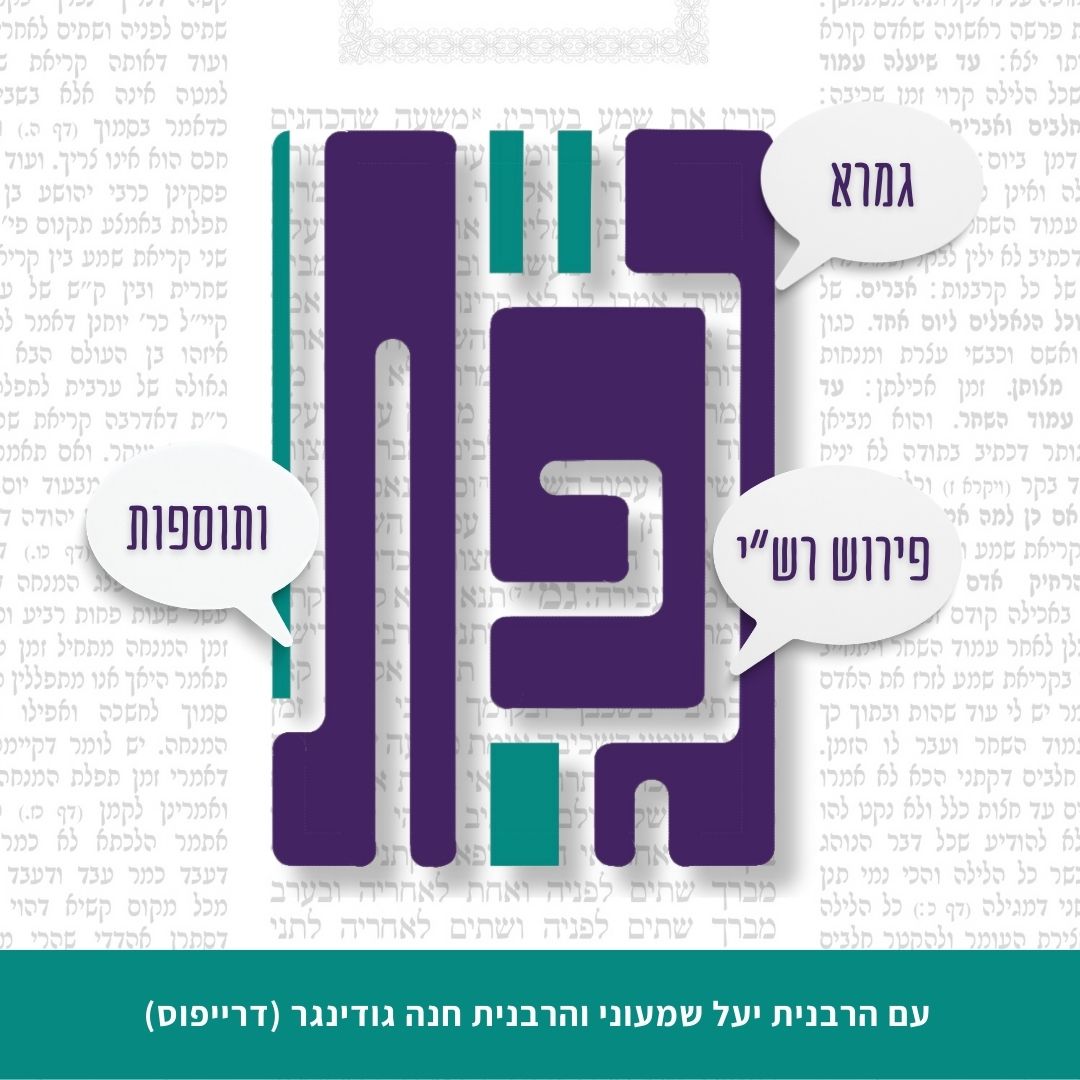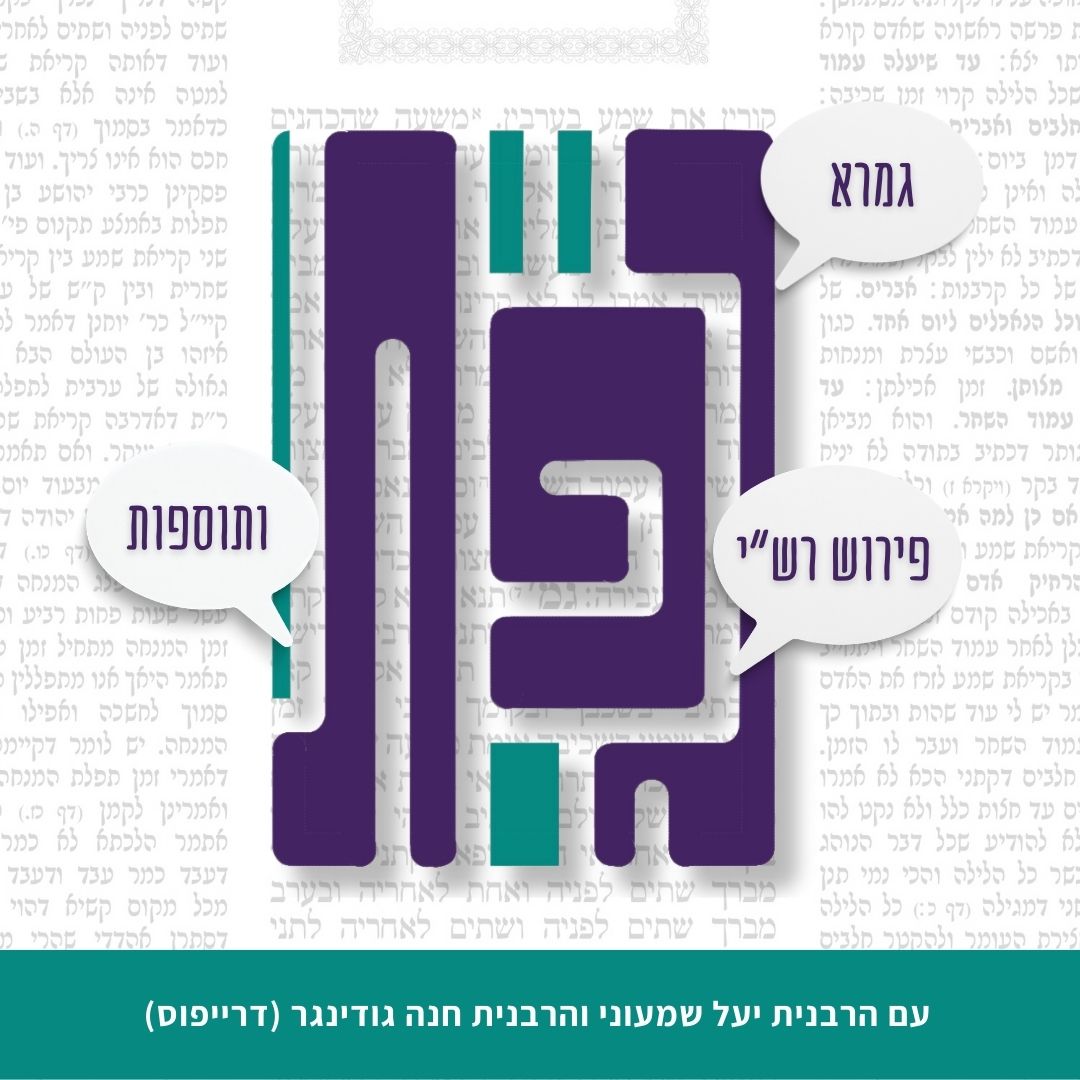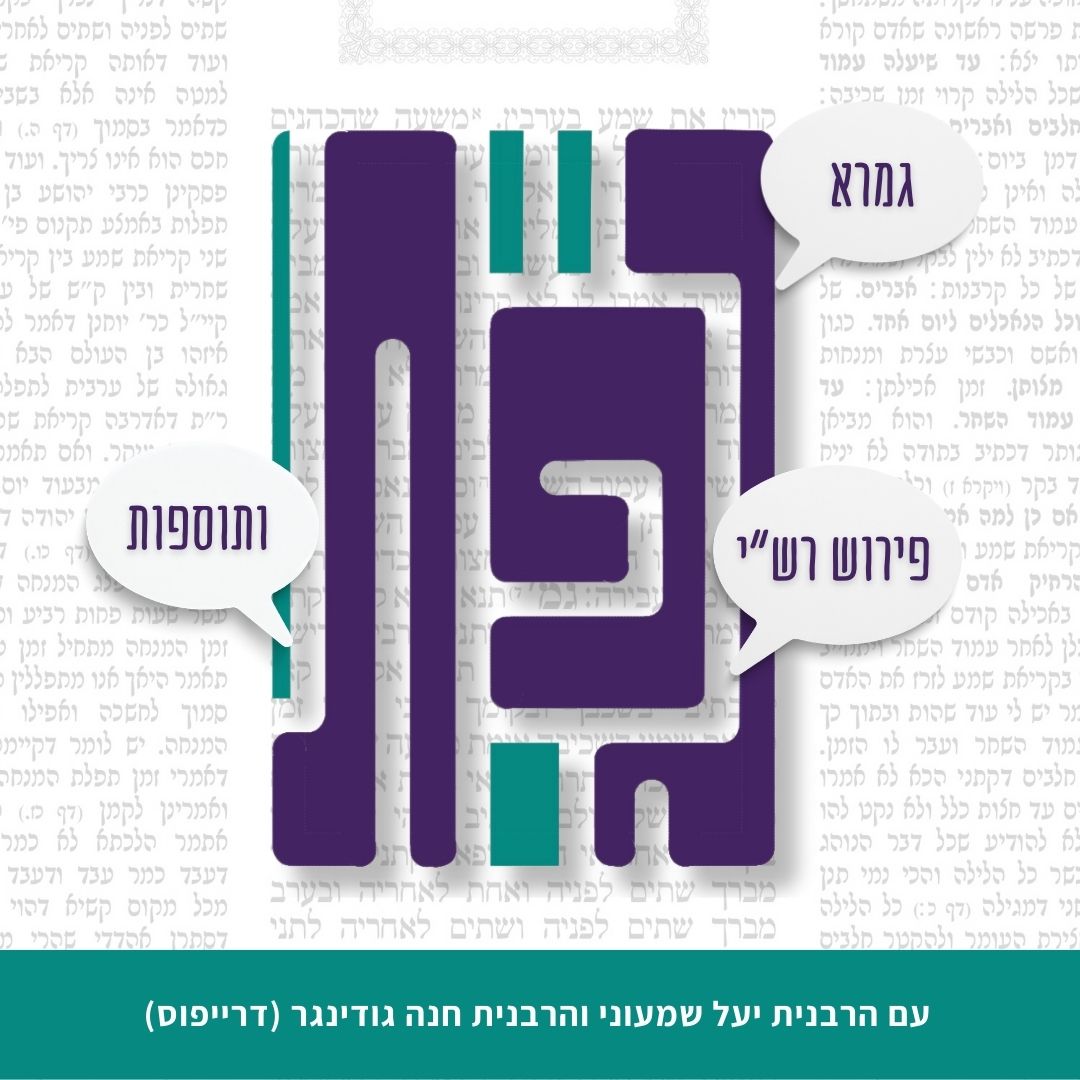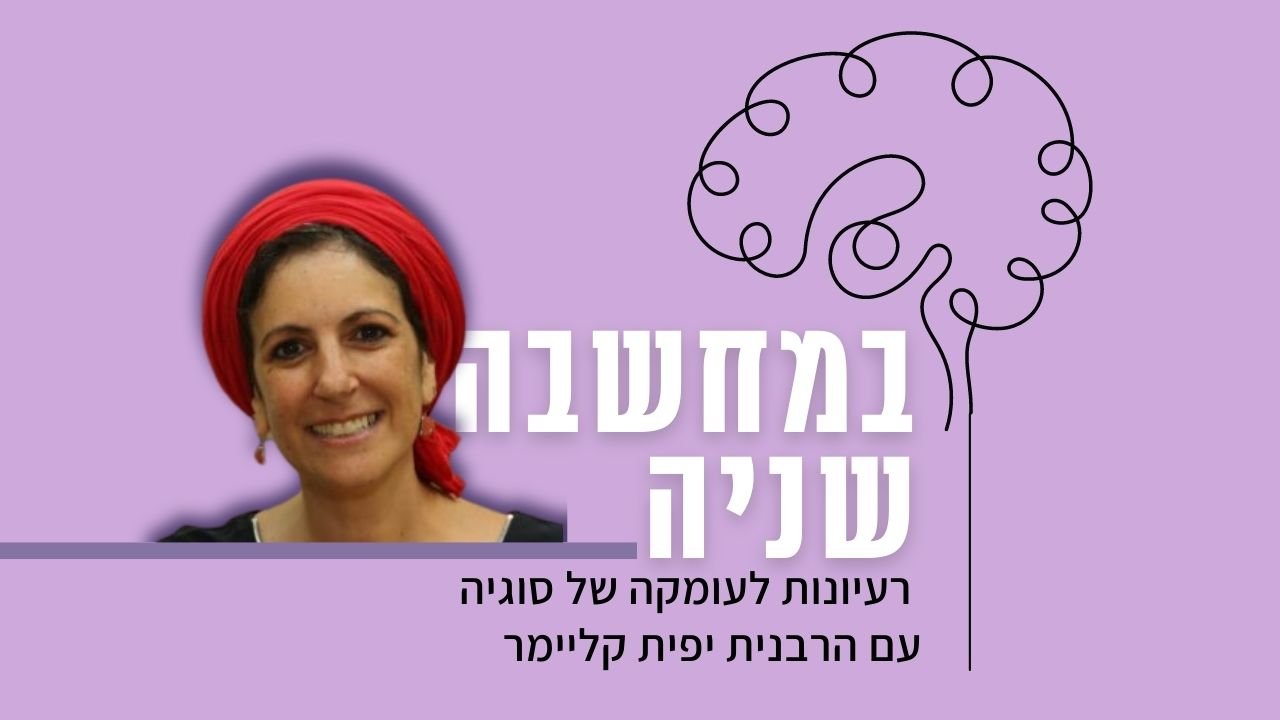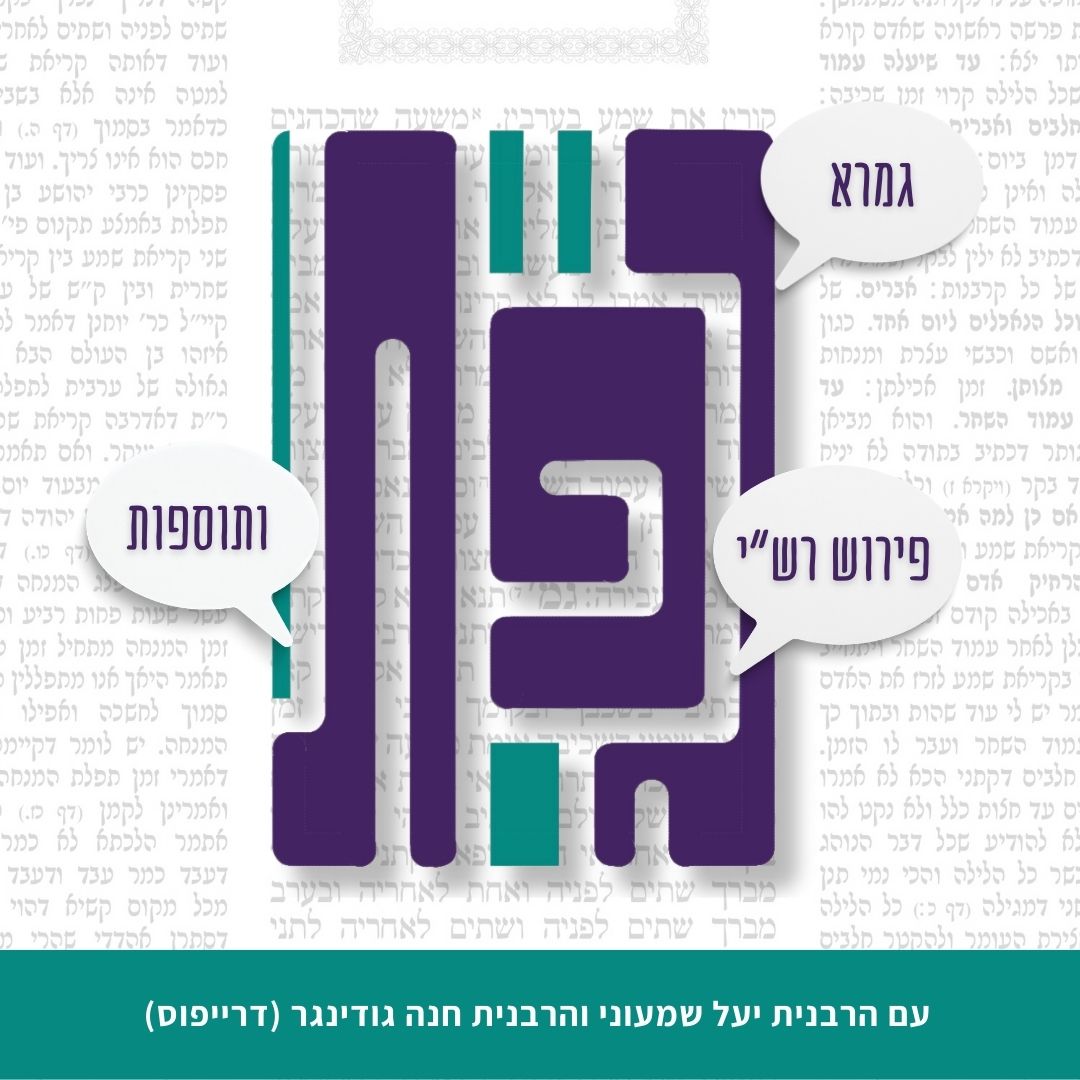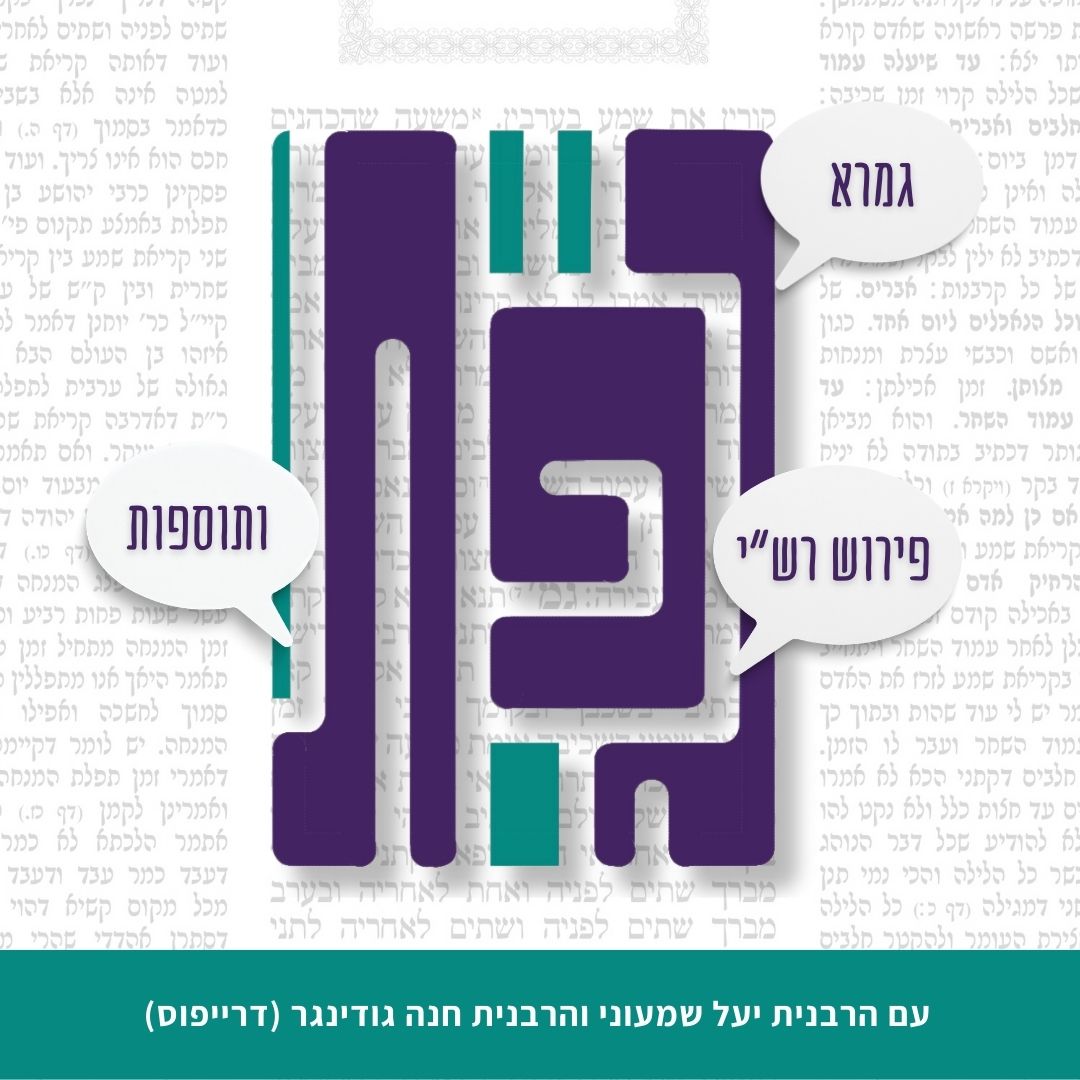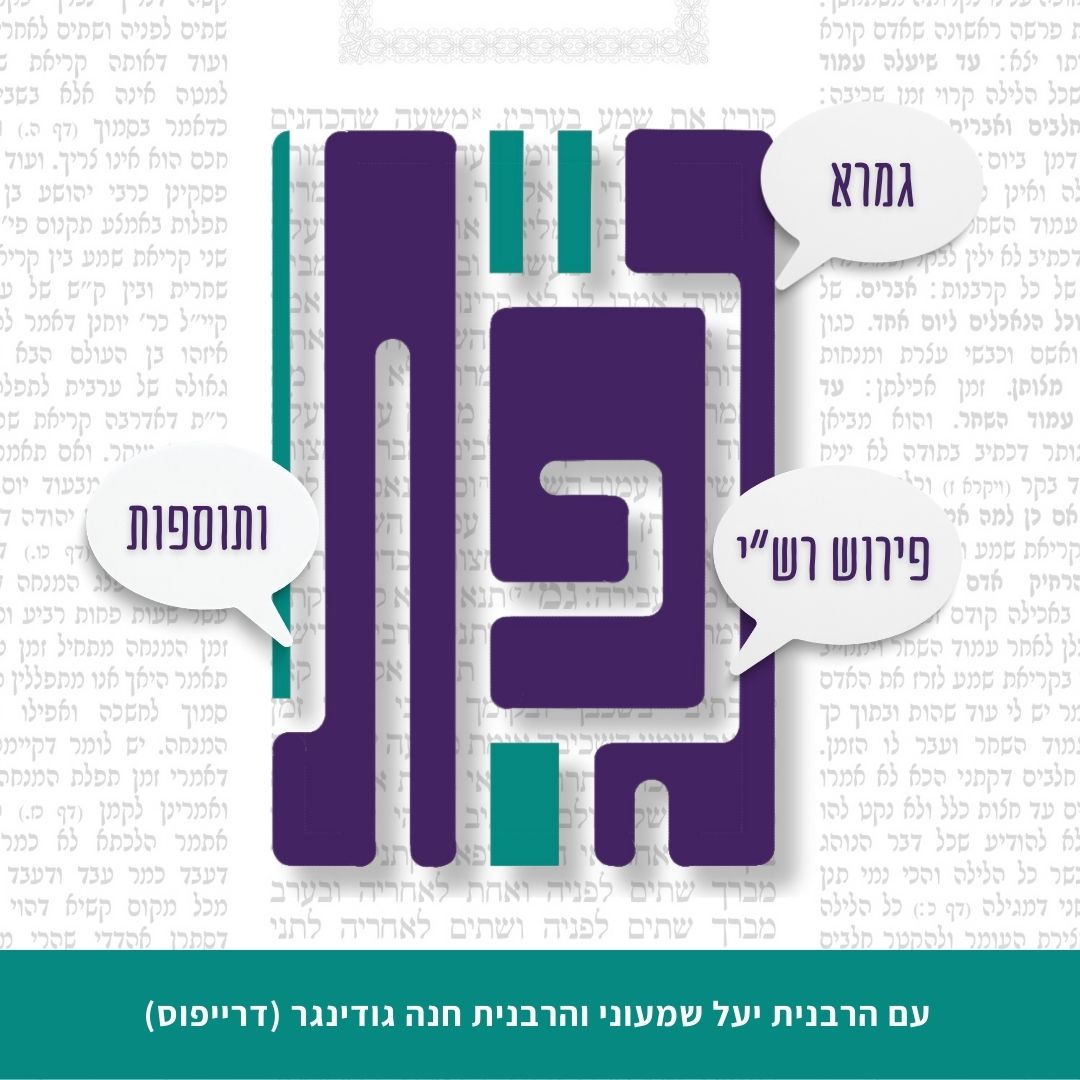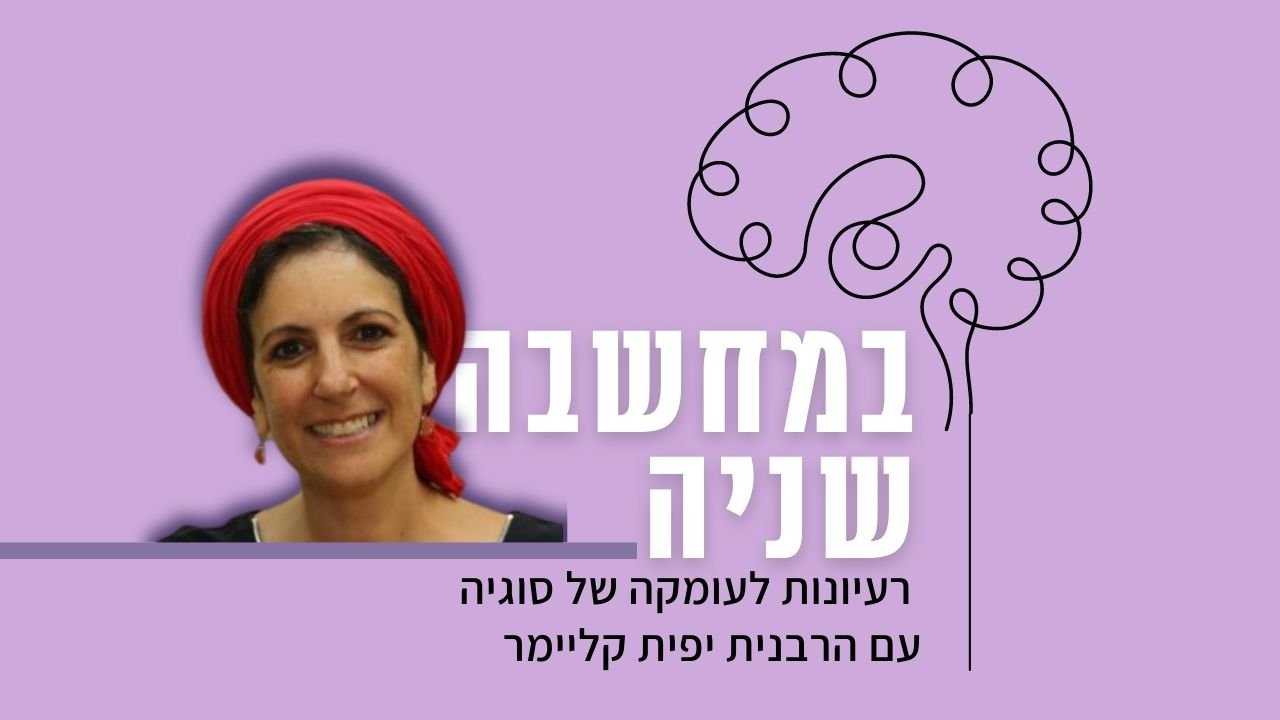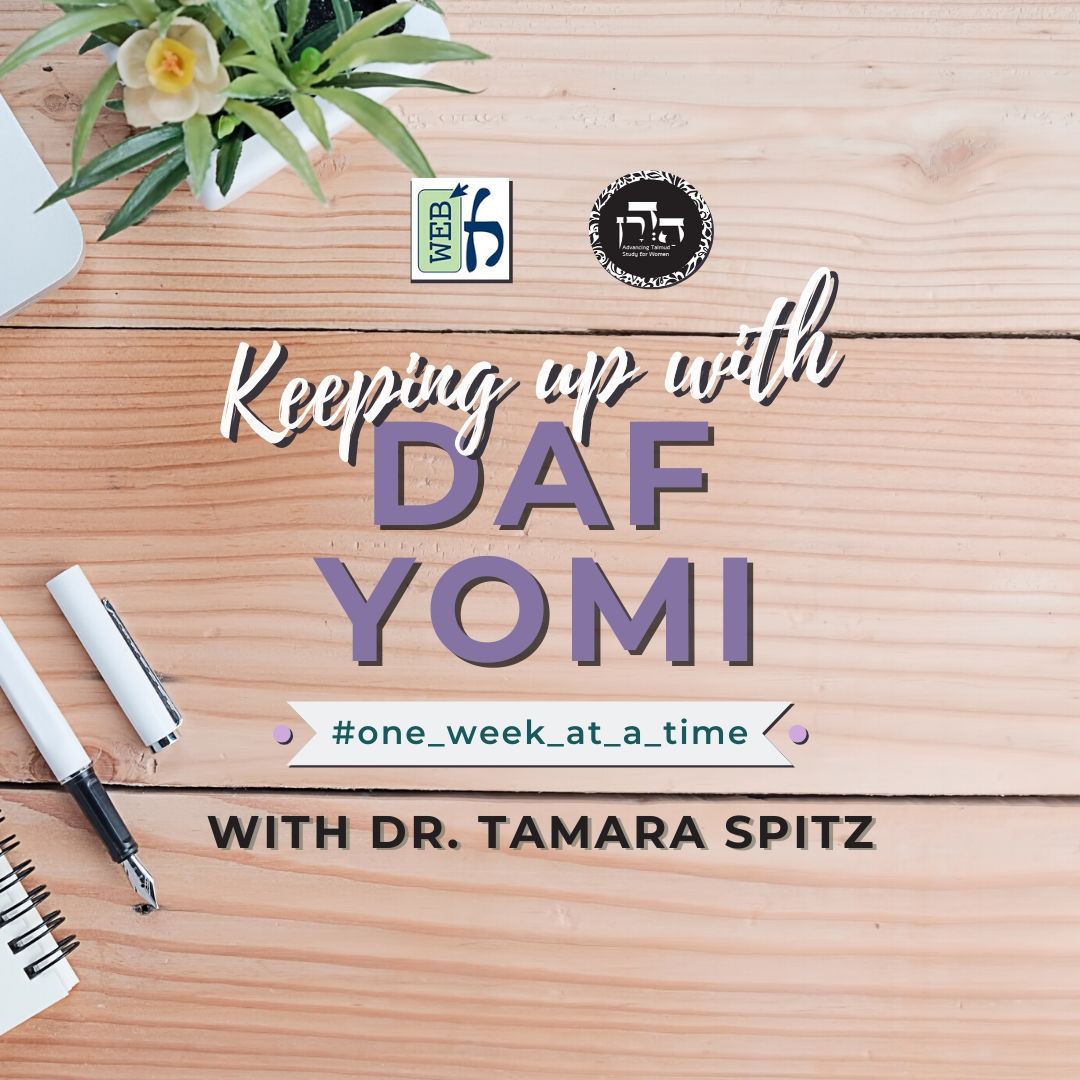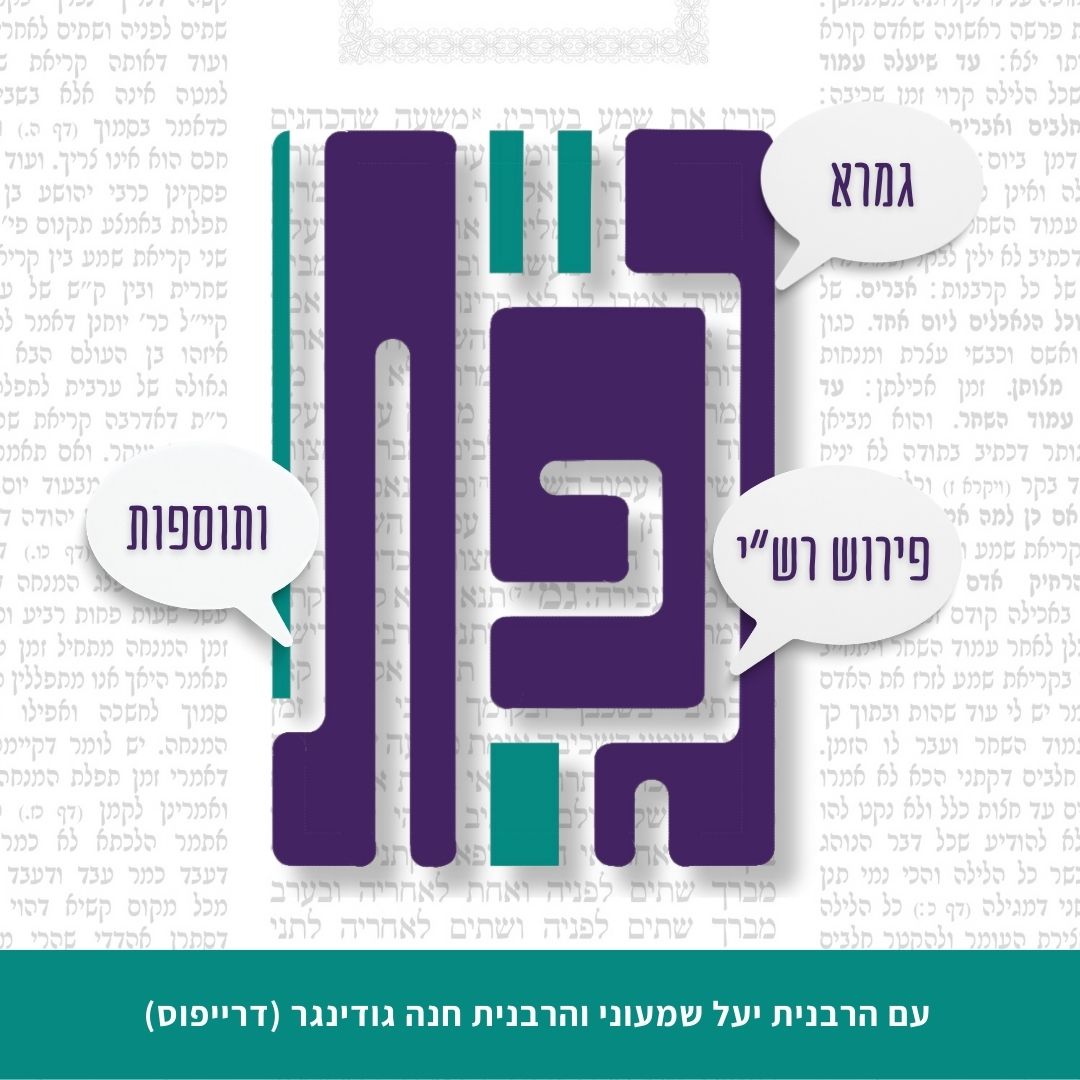בבא מציעא נג
וַאֲסוּרִים לְזָרִים, וְהֵן נִכְסֵי כֹהֵן, וְעוֹלִים בְּאֶחָד וּמֵאָה, וּטְעוּנִין רְחִיצַת יָדַיִם וְהֶעֱרֵב שֶׁמֶשׁ. הֲרֵי אֵלּוּ בִּתְרוּמָה וּבִכּוּרִים, מַה שֶּׁאֵין כֵּן בַּמַּעֲשֵׂר.
And their consumption is prohibited to non-priests; and they are the property of the priest in every sense, e.g., to sell them to another priest or betroth a woman with them; and if they were intermingled with non-sacred produce they are negated only if the ratio is one part teruma in one hundred parts non-sacred produce; and they require the washing of one’s hands before partaking of them; and one who was impure and immersed must wait for sunset before partaking of them. These are halakhot that are in effect with regard to teruma and first fruits, which is not so with regard to second tithe.
מַאי ״מַה שֶּׁאֵין כֵּן בַּמַּעֲשֵׂר״ – לָאו מִכְּלָל דְּמַעֲשֵׂר בָּטֵיל בְּרוּבָּא? וְאִם אִיתָא דְּחִזְקִיָּה, הֲוָה לֵיהּ דָּבָר שֶׁיֵּשׁ לוֹ מַתִּירִין. וְכׇל דָּבָר שֶׁיֵּשׁ לוֹ מַתִּירִין, אֲפִילּוּ בְּאֶלֶף לֹא בָּטֵיל!
The Gemara asks: What is the meaning of: Which is not so with regard to second tithe? Is it not, by inference, that second tithe is negated in a majority of non-sacred produce? And if it is so that the opinion of Ḥizkiyya is correct and even second-tithe produce worth less than one peruta can be redeemed, second tithe is an item whose prohibition has permitting factors, and the principle is that any item whose prohibition has permitting factors is not negated even if it is in a mixture with one thousand permitted parts.
וּמִמַּאי דְּמַה שֶּׁאֵין כֵּן בַּמַּעֲשֵׂר – דְּבָטֵיל בְּרוּבָּא? דִּלְמָא לָא בָּטֵיל כְּלָל! לָא מָצֵית אָמְרַתְּ הָכִי, דִּלְגַבֵּי תְּרוּמָה – חוּמְרֵי דִתְרוּמָה קָתָנֵי, קוּלֵּי דִתְרוּמָה לָא קָתָנֵי. וְהָא קָא תָנֵי: וְהֵן נִכְסֵי כֹהֵן!
The Gemara rejects this proof: And from where is it learned that from the phrase: Which is not so with regard to second tithe, one infers that second tithe is negated in a simple majority? Perhaps infer that second tithe is not negated at all. The Gemara answers: You cannot say so, as with regard to teruma, the tanna in the mishna is teaching the stringencies of teruma but he is not teaching the leniencies of teruma. The Gemara asks: But doesn’t the tanna teach: And they are the property of the priest, which is a leniency? Apparently, the tanna did not restrict his treatment of the halakhot of teruma to stringencies.
לָא סָלְקָא דַּעְתָּךְ, דְּתַנְיָא בְּהֶדְיָא: מַעֲשֵׂר שֵׁנִי בָּטֵיל בְּרוּבָּא. וּבְאֵיזֶה מַעֲשֵׂר שֵׁנִי אָמְרוּ – בְּמַעֲשֵׂר שֶׁאֵין בּוֹ שָׁוֶה פְּרוּטָה, וְשֶׁנִּכְנַס לִירוּשָׁלַיִם וְיָצָא. וְאִם אִיתָא לִדְחִזְקִיָּה, לֶיעְבֵּד לֵיהּ לִדְחִזְקִיָּה, וְנִיחַלְּלֵיהּ עַל מָעוֹת הָרִאשׁוֹנוֹת! דְּלָא פָּרֵיק.
The Gemara states: The inference that second tithe is not negated at all should not enter your mind, as it is taught explicitly in a baraita: Second tithe is negated in a simple majority. And with regard to which second tithe did the Sages say this? It is with regard to second tithe that is not worth even one peruta, and which entered Jerusalem and exited. The Gemara states its objection to the ruling of Ḥizkiyya: And if it is so that the opinion of Ḥizkiyya is correct and even second-tithe produce worth less than one peruta can be redeemed, let him take action according to Ḥizkiyya and redeem the second tithe upon the first coins. Therefore, as an item whose prohibition has permitting factors, it should not be negated at all. The Gemara answers: This is a case where he did not redeem his second tithe, and therefore he has no first coins upon which to redeem the produce.
וְנַיְתֵי מַעֲשֵׂר דְּאִית לֵיהּ (וְנִצְטָרְפִינְהוּ) [וּנְצָרֵף]! דְּאוֹרָיְיתָא וּדְרַבָּנַן לָא מִצְטָרְפִי.
The Gemara asks: And let him bring other second-tithe produce worth half a peruta that he has, and join it to the second tithe worth half a peruta intermingled with the non-sacred produce, and desacralize them together. It remains an item whose prohibition has permitting factors. The Gemara answers: Second tithe by Torah law and second tithe by rabbinic law do not join. By Torah law second tithe is negated in a majority of non-sacred produce and retains no sanctity, and it is by rabbinic law that an item whose prohibition has permitting factors is not negated. Therefore, the half-peruta of second tithe that he brought, which is not in a mixture and is second tithe by Torah law, cannot be redeemed.
וְנַיְתֵי דְּמַאי! דִּלְמָא אָתֵי לְאֵתוֹיֵי וַדַּאי.
The Gemara continues: And let him bring half a peruta of second-tithe produce from doubtfully tithed produce [demai], which is by rabbinic law, and join it to the intermingled half-peruta. The Gemara explains: One may not do so ab initio lest he come to bring a half-peruta from produce that is definitely untithed, as in practice one treats demai in the same manner that he treats untithed produce.
וְנַיְתֵי שְׁתֵּי פְרוּטוֹת, וּנְחַלֵּל עֲלַיְיהוּ מַעֲשֵׂר בִּפְרוּטָה וּמֶחֱצָה, וּנְחַלֵּל הַאי עַל הַיְאךְ יַתִּירָא. מִי סָבְרַתְּ: פְּרוּטָה וּמֶחֱצָה תָּפְסָה שְׁתֵּי פְרוּטוֹת? לָא. פְּרוּטָה תָּפְסָה פְּרוּטָה, וַחֲצִי פְּרוּטָה לָא תָּפְסָה. הֲדַר הָוְיָא לֵיהּ דְּאוֹרָיְיתָא וּדְרַבָּנַן. וּדְאוֹרָיְיתָא וּדְרַבָּנַן לָא מִצְטָרְפִי.
The Gemara suggests: And let him bring two perutot and desacralize second tithe worth one and a half perutot upon them, and desacralize this half-peruta of second tithe upon that remaining half-peruta. The Gemara rejects this: Do you hold that the sanctity of second-tithe produce worth one and a half perutot takes effect on two perutot? No, the sanctity of one peruta takes effect on one peruta of the coins, and the sanctity of the half-peruta of produce does not take effect on anything. Once again it becomes a case of one half-peruta of produce that is second tithe by Torah law and the half-peruta in mixture that is second tithe by rabbinic law, and second tithe by Torah law and second tithe by rabbinic law do not join.
וְנַיְתֵי אִיסָּר! דִּלְמָא אָתֵי לְאֵתוֹיֵי פְּרוּטוֹת.
The Gemara asks: And let him bring an issar, worth eight perutot, and redeem second tithe worth almost that much, and redeem the intermingled half-peruta of second tithe upon the rest. The Gemara answers: One may not do so ab initio, lest he come to bring perutot to redeem the produce, in which case the sanctity of the tithe will not take effect on a half-peruta, and the remedy will be ineffective.
וְשֶׁנִּכְנַס לִירוּשָׁלַיִם וְיָצָא. וְאַמַּאי: וְלִיהְדַּר וּנְעַיְּילֵיהּ! בְּשֶׁנִּטְמָא. וְנִפְרְקֵיהּ! דְּאָמַר רַבִּי אֶלְעָזָר: מִנַּיִן לְמַעֲשֵׂר שֵׁנִי שֶׁנִּטְמָא, שֶׁפּוֹדִין אוֹתוֹ
It is taught in the baraita: And which entered Jerusalem and exited. The Gemara asks: And why is the matter of negation in a majority relevant? Let him bring it back into Jerusalem and partake of it there. The Gemara answers: The reference is to second tithe that became ritually impure outside Jerusalem. The Gemara asks: But why not let him redeem it, in accordance with the statement of Rabbi Elazar? As Rabbi Elazar says: From where is it derived with regard to second-tithe produce that became ritually impure that one may redeem it
אֲפִילּוּ בִּירוּשָׁלַיִם – שֶׁנֶּאֱמַר: ״כִּי לֹא תוּכַל שְׂאֵתוֹ״, וְאֵין ״שְׂאֵת״ אֶלָּא אֲכִילָה, שֶׁנֶּאֱמַר: ״וַיִּשָּׂא מַשְׂאֹת מֵאֵת פָּנָיו״.
even in Jerusalem, although ritually pure second tithe cannot be desacralized in Jerusalem? It is as it is stated: “For you are unable to carry [se’et] it…and you shall turn it into money, and bind up the money in your hand” (Deuteronomy 14:24–25). And se’et means nothing other than eating, as it is stated: “And he took portions [masot] from before him” (Genesis 43:34). Since ritually impure second-tithe produce may not be consumed, Rabbi Elazar holds that one may desacralize it even if it had been brought into Jerusalem.
אֶלָּא בְּלָקוּחַ בְּכֶסֶף מַעֲשֵׂר שֵׁנִי. לָקוּחַ בְּכֶסֶף מַעֲשֵׂר נָמֵי לִיפְרְקֵיהּ, דִּתְנַן: הַלָּקוּחַ בְּכֶסֶף מַעֲשֵׂר שֵׁנִי שֶׁנִּטְמָא – יִפָּדֶה! כְּרַבִּי יְהוּדָה דְּאָמַר יִקָּבֵר.
Rather, the halakha of the baraita is taught not with regard to second-tithe produce, but with regard to food acquired with second-tithe money, which cannot be desacralized. The Gemara asks: With regard to food acquired with second-tithe money too, let him redeem it, as we learned in a mishna (Ma’aser Sheni 3:10): Food acquired with second-tithe money that became ritually impure should be redeemed. The Gemara answers: The baraita is in accordance with the opinion of Rabbi Yehuda, who says: Food acquired with second-tithe money that became ritually impure must be buried and may not be redeemed.
אִי רַבִּי יְהוּדָה, מַאי אִירְיָא ״יָצָא״? אֲפִילּוּ לֹא יָצָא נָמֵי, אֶלָּא: לְעוֹלָם בְּטָהוֹר, וּמַאי ״יָצָא״ – דִּנְפוּל מְחִיצוֹת.
The Gemara asks: If the baraita is in accordance with the opinion of Rabbi Yehuda, why did the tanna teach specifically a case where the food exited Jerusalem? Even if it did not exit Jerusalem, that halakha also applies, as he holds that once the food becomes ritually impure it must be buried. Rather, actually, it is taught in the baraita with regard to second tithe that is ritually pure, and what is the meaning of exited? It is not that the produce actually exited Jerusalem. Rather, the baraita is discussing a case where the partitions, i.e., the walls, surrounding the city fell. The legal status of that second-tithe produce is that of produce that exited the city.
וְהָאָמַר רָבָא: מְחִיצָה לֶאֱכוֹל – דְּאוֹרָיְיתָא, מְחִיצוֹת לִקְלוֹט – דְּרַבָּנַן. וְכִי גְּזַרוּ דְּרַבָּנַן: כִּי אִיתַנְהוּ לִמְחִיצוֹת. כִּי לֵיתַנְהוּ לִמְחִיצוֹת – לָא גְּזַרוּ רַבָּנַן! לָא פְּלוּג רַבָּנַן בֵּין אִיתַנְהוּ לִמְחִיצוֹת, בֵּין לֵיתַנְהוּ לִמְחִיצוֹת.
The Gemara asks: But doesn’t Rava say: The halakha that a partition enables one to eat second-tithe produce is by Torah law, and the halakha with regard to the capability of partitions of the city to gather second-tithe produce into the city is by rabbinic law, and when the Sages issued a decree that partitions gather second-tithe produce in terms of their being considered within the city, they did so only where there are intact partitions, but where there are no intact partitions, the Sages did not issue a decree? The Gemara answers: Once they issued the decree, the Sages did not distinguish between cases where there are intact partitions and cases where there are not intact partitions. Once the Sages issued the decree with regard to partitions and the produce being gathered they applied it globally. This is one manner of explaining the baraita.
רַב הוּנָא בַּר יְהוּדָה אָמַר רַב שֵׁשֶׁת: חֲדָא קָתָנֵי: מַעֲשֵׂר שֵׁנִי שֶׁאֵין בּוֹ שָׁוֶה פְּרוּטָה שֶׁנִּכְנַס לִירוּשָׁלַיִם וְיָצָא. אַמַּאי? וְנִיהְדַּר וּנְעַיְּילֵיהּ וְנֵיכְלֵיהּ! דִּנְפוּל מְחִיצוֹת.
Rav Huna bar Yehuda said that Rav Sheshet said: The tanna of the baraita is teaching one halakha: It is with regard to second-tithe produce that is not worth even one peruta and which both entered Jerusalem and then exited it. It cannot be redeemed because it is worth less than one peruta. The Gemara asks: Why? And let him bring it back into Jerusalem and partake of it there. The Gemara answers: It is a case where the partitions surrounding the city fell.
וְנִפְרְקֵיהּ? הָאָמַר רָבָא: מְחִיצָה לֶאֱכוֹל דְּאוֹרָיְיתָא, מְחִיצָה לִקְלוֹט דְּרַבָּנַן, וְכִי גְּזַרוּ רַבָּנַן – כִּי אִיתַנְהוּ לִמְחִיצוֹת. כִּי לֵיתַנְהוּ לִמְחִיצוֹת – לָא גְּזַרוּ רַבָּנַן. לָא פְּלוּג רַבָּנַן.
The Gemara asks: And let him redeem the second-tithe produce, as doesn’t Rava say: The halakha that a partition enables one to eat second-tithe produce is by Torah law, and the halakha with regard to the capability of partitions of the city to gather second-tithe produce into the city is by rabbinic law, and when the Sages issued a decree that partitions gather second-tithe produce in terms of their being considered within the city, they did so only where there are intact partitions, but where there are no intact partitions, the Sages did not issue a decree? The Gemara answers: The Sages did not distinguish between cases where there are intact partitions and cases where there are not intact partitions.
אִי הָכִי, מַאי אִירְיָא אֵין בּוֹ שָׁוֶה פְּרוּטָה? אֲפִילּוּ יֵשׁ בּוֹ נָמֵי! לָא מִיבַּעְיָא קָאָמַר. לָא מִיבַּעְיָא יֵשׁ בּוֹ, דְּקָלְטָן לֵיהּ מְחִיצוֹת. אֲבָל אֵין בּוֹ, אֵימָא: לָא קְלַטוּ לֵיהּ מְחִיצוֹת, קָא מַשְׁמַע לַן.
The Gemara comments: If so, why did the tanna teach specifically a case where the produce does not have the value of one peruta? The same would hold true even if it has the value of one peruta. The Gemara answers: The tanna is speaking utilizing the style of: It is not necessary. It is not necessary to state that if the produce has the value of one peruta the halakha is that the partitions gather it and it can no longer be redeemed, but if it does not have the value of one peruta, say that the partitions do not gather it. Therefore, he teaches us that the partitions gather even second-tithe produce worth less than one peruta, and it cannot be redeemed.
תָּנוּ רַבָּנַן: ״אִם גָּאֹל יִגְאַל אִישׁ מִמַּעַשְׂרוֹ״, מִמַּעַשְׂרוֹ – וְלֹא כׇּל מַעַשְׂרוֹ. פְּרָט לְמַעֲשֵׂר שֵׁנִי שֶׁאֵין בּוֹ שָׁוֶה פְּרוּטָה. אִיתְּמַר. רַב אַמֵּי אָמַר: אֵין בּוֹ. רַב אַסִּי אָמַר: אֵין בְּחוּמְשׁוֹ. רַבִּי יוֹחָנָן אָמַר: אֵין בּוֹ. רַבִּי שִׁמְעוֹן בֶּן לָקִישׁ אָמַר: אֵין בְּחוּמְשׁוֹ.
§ The Sages taught that it is written: “And if a man will redeem of his tithe, he shall add to it the fifth part thereof” (Leviticus 27:31), from which it is inferred: Of his tithe, but not all his tithe. This serves to exclude second tithe that does not have the value of one peruta, which cannot be redeemed. It was stated that there is an amoraic dispute with regard to this halakha. Rav Ami says: The second tithe cannot be redeemed in a case where the produce itself does not have the value of one peruta. Rav Asi says: The second tithe cannot be redeemed in a case where its additional payment of one-fifth does not have the value of one peruta. Other amora’im dispute the same issue. Rabbi Yoḥanan says: The produce itself does not have the value of one peruta. Rabbi Shimon ben Lakish says: Its additional payment of one-fifth does not have the value of one peruta.
מֵיתִיבִי: מַעֲשֵׂר שֵׁנִי שֶׁאֵין בּוֹ שָׁוֶה פְּרוּטָה – דַּיּוֹ שֶׁיֹּאמַר ״הוּא וְחוּמְשׁוֹ מְחוּלָּל עַל מָעוֹת רִאשׁוֹנוֹת״.
The Gemara raises an objection from a baraita: With regard to second-tithe produce that does not have the value of one peruta, it is sufficient that he will say: It and its additional payment of one-fifth are desacralized upon the first coins upon which I already redeemed second-tithe produce.
בִּשְׁלָמָא לְמַאן דְּאָמַר ״אֵין בְּחוּמְשׁוֹ״ – הַיְינוּ דְּקָתָנֵי ״דַּיּוֹ״, דְּאַף עַל גַּב דִּבְדִידֵיהּ אִית בֵּיהּ, כֵּיוָן דִּבְחוּמְשֵׁיהּ לֵיכָּא – שַׁפִּיר. אֶלָּא לְמַאן דְּאָמַר ״אֵין בּוֹ״, מַאי ״דַּיּוֹ״? קַשְׁיָא.
The Gemara explains the objection: Granted, according to the one who says: There is not the value of a peruta in its additional payment of one-fifth, this is the reason that the tanna teaches: It is sufficient, which indicates that even though in the produce itself it has the value of one peruta, since there is not the value of a peruta in its one-fifth payment, it works out well, as it is sufficient if he redeems the produce with other second-tithe produce. But according to the one who says: It is in a case where the produce itself does not have the value of one peruta that the second tithe cannot be redeemed, what is the meaning of: It is sufficient? From the outset, there was never sufficient value for there to be any element of redemption. The Gemara concludes: Indeed, it is difficult to explain the baraita according to that opinion.
אִיבַּעְיָא לְהוּ: חוּמְשָׁא מִלְּגָיו, אוֹ חוּמְשָׁא מִלְּבַר? אָמַר רָבִינָא, תָּא שְׁמַע: הַבְּעָלִים אוֹמְרִים בְּעֶשְׂרִים, וְכׇל אָדָם בְּעֶשְׂרִים – הַבְּעָלִים קוֹדְמִין מִפְּנֵי שֶׁמּוֹסִיפִין חוֹמֶשׁ. אָמַר אֶחָד: הֲרֵי עָלַי בְּעֶשְׂרִים וְאֶחָד –
§ Apropos the additional payment of one-fifth, a dilemma was raised before the Sages: Is the payment of one-fifth calculated from within, i.e., one-fifth of the value of the redeemed item, or is the payment of one-fifth calculated from without, meaning one-quarter of the value of the redeemed item, which is one-fifth of the eventual payment, i.e., the principal plus the additional one-fifth? Ravina says: Come and hear a resolution of the dilemma from a baraita: In a case where the owner says he is willing to redeem consecrated property for twenty dinars, and any other person is willing to purchase the property for twenty dinars, the owners take precedence and redeem the property due to the fact that they are obligated to add one-fifth, and the Temple treasury profits more from the owner than from anyone else. If one who is not the owner said: It is incumbent upon me to desacralize it for twenty-one dinars,
